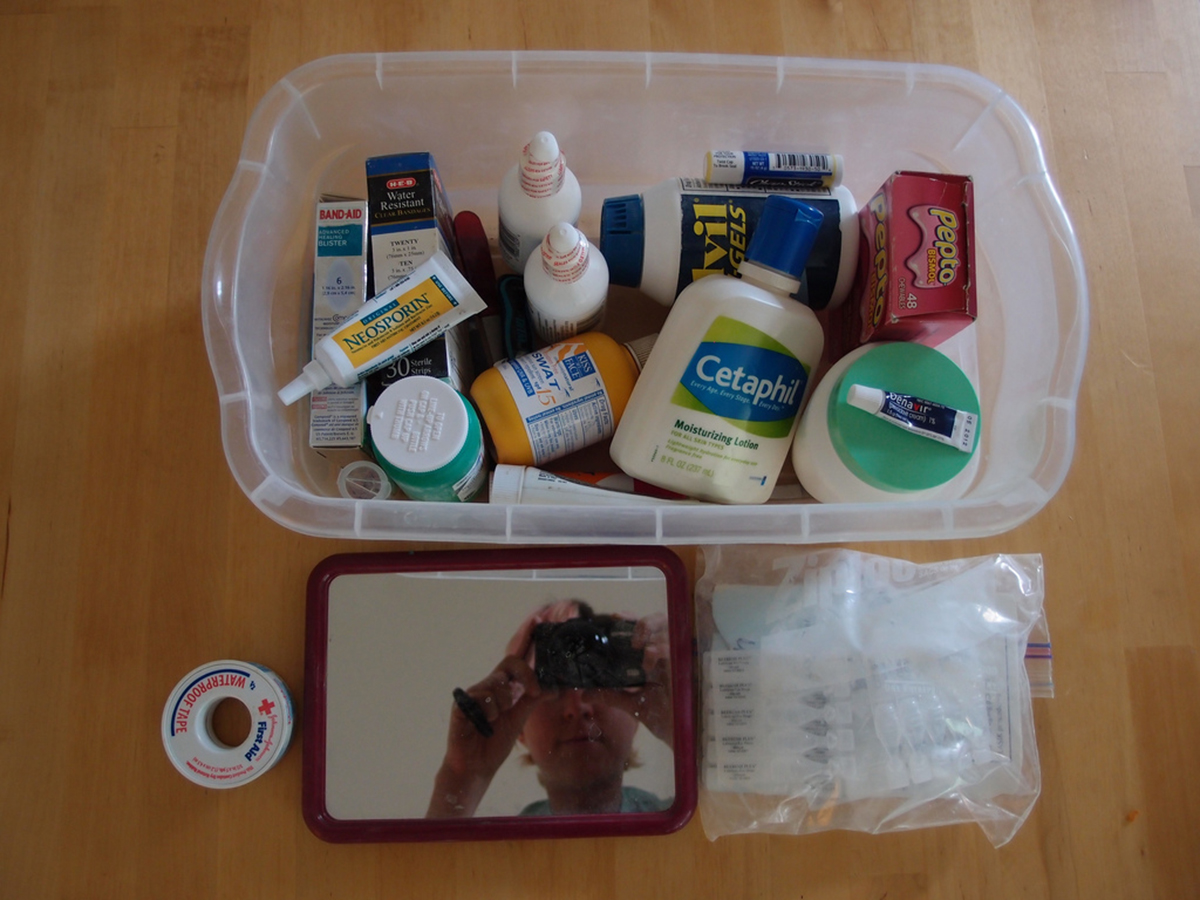Table of Contents
It needs to be understood from early on that this process can last from a few weeks up to a couple of months, and symptoms can include blocked ears and a severely blocked nose. Unfortunately, this isn't a pleasant time but there are medications and home remedies which can help to take over the job of the decongestants and offer relief of the symptoms experienced. If a patient is aware of this situation and has been educated on these issues then it makes the withdrawal process easier to accomplish.

The following are guidelines and suggestions which can help a patient to stop the persistent use of nasal decongestants, and which can also help to try and reduce the withdrawal and rebound effects. These withdrawal symptoms will begin to resolve within a couple of weeks after stopping use of the sprays and the patient's nasal passages should start functioning normally soon thereafter.
- The patient needs to consult their primary care doctor in order to initiate management of this issue. The reason for this is because the patient will benefit from starting on a course of high-dose oral steroid medication for which a script is needed. The steroid dosage is then down-titrated over the following 3 weeks and this helps to reduce inflammation in the nasal passages.
- A doctor can also prescribe an antihistamine medication which helps to alleviate blocked nasal passages caused by allergies. This will help to reduce the need for using a decongestant spray.
- Ciclesonide and fluticasone furoate are nasal sprays which contain steroids. These are extremely safe and effective medications which help to reduce inflammation of the nasal mucous membranes. They don't cause any systemic side effects because they are not absorbed by the body, but rather have localized activity where they are sprayed.
- Humidifiers can also be used as breathing in moist air helps to soothe the nasal passages and reduce inflammation. Taking a warm shower produces steam which also helps in the same way a humidifier does.
- Hypertonic saline solutions can also be used in the form of nasal sprays or can be made at home and administered using a neti-pot. They also reduce inflammation in the nasal passages, especially if the cause of the nasal blockage is caused by infective processes.
READ Achooooooo: Inside The World Of Seasonal Allergies: A Dozen Tips For Sufferers
- Make sure that plenty of fluids are consumed, especially water, as this helps to keep the patient hydrated and it also helps to thin out nasal secretions which makes it easier to drain. The less pressure there is in the nose, the lower the chances of inflammation and irritation in the nasal passages.
- Warm compresses applied over the forehead and upper part of the nose can help stimulate reduction in the inflammatory process. The heat can also help relieve pain caused by conditions such as sinusitis.
- www.mayoclinic.org/symptoms/nasal-congestion/basics/causes/sym-20050644
- Nasal congestion. (2011, 2 Aug.) National Institutes of Health. Retrieved August 19, 2013 from http://www.nlm.nih.gov/medlineplus/ency/article/003049.htm
- Sore throat: Lifestyle and home remedies. (2013, 7 May). Mayo Foundation for Medical Education and Research. Retrieved August 19, 2013 from http://www.mayoclinic.com/health/sore-throat/DS00526/DSECTION=lifestyle-and-home-remedies
- Nasal congestion. (2013, 27 March). Mayo Foundation for Medical Education and Research. Retrieved August 19, 2013 from http://www.mayoclinic.com/health/nasal-congestion/MY00178.
- Photo courtesy of justinsomnia: www.flickr.com/photos/justinsomnia/2251505715/
- Photo courtesy of ratha: www.flickr.com/photos/ratha/6067883414/


Your thoughts on this